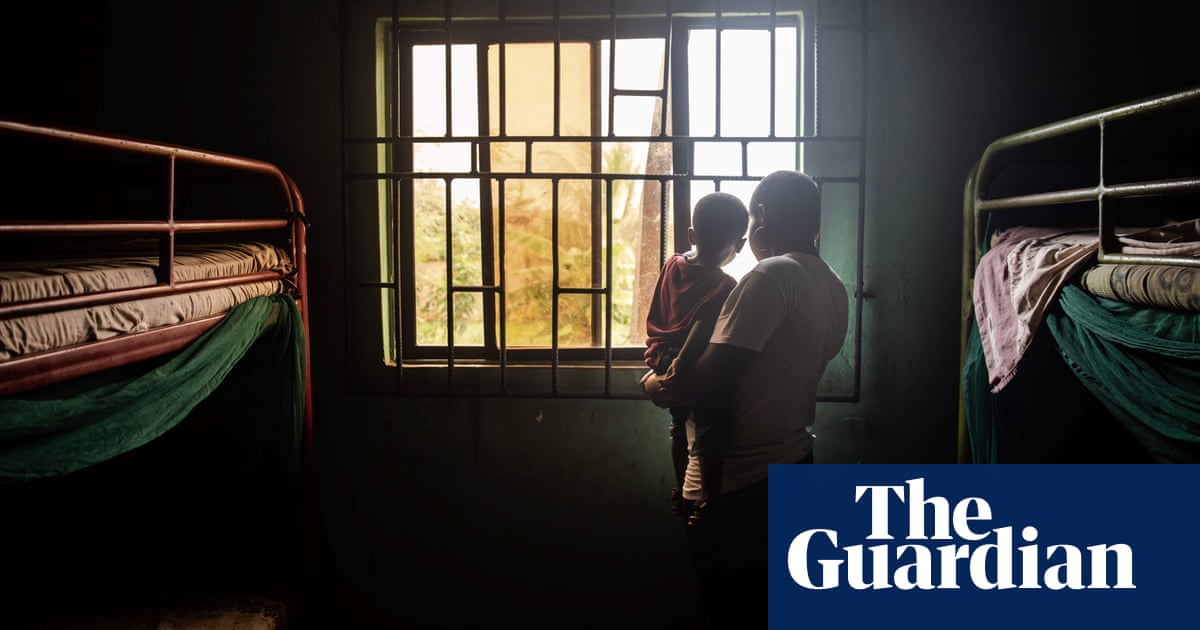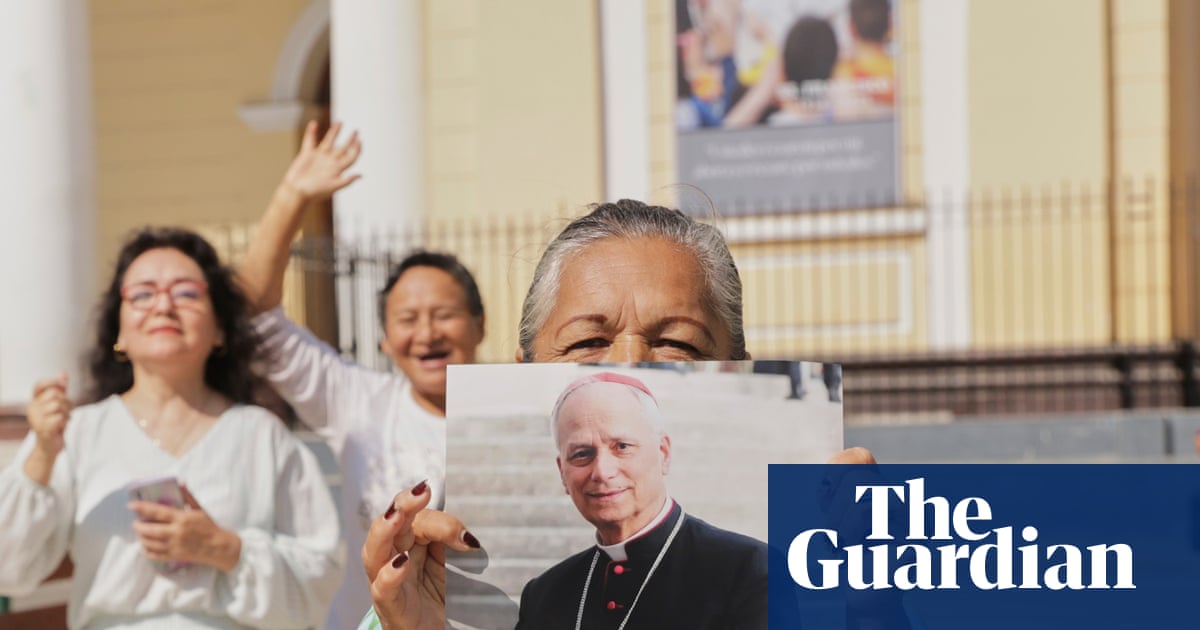Almost two dozen women have died due to gender-based violence across Nigeria in 2025 alone, activists and civil society organisations have said in a call for a state of emergency.
According to Femicide Observatory, run by the Lagos-based nonprofit Document Our History (DOHS) Cares Foundation, there were 17 cases reported in January, a 240% increase from the same period last year, with an additional five by 16 February. More than 100 femicides were documented in 2024.
This month, Emrich Effanga, a hairstylist in the southern town of Uyo, was strangled, allegedly by her boyfriend, an usher in their church. Just weeks before, Mutiat Sholola died, allegedly after her husband stabbed her in the head and attacked her with hot oil in Owode Egba, a few hours outside Lagos. Both men have been arrested.
“Apparently as the trend is globally, home is also the most dangerous place for Nigerian women and girls,” said Ololade Ajayi, the founder of DOHS. “Perpetrators operate with impunity because there’s hardly appropriate consequences for this crime.”
Women’s rights groups and activists blame misogynistic content online for the violence, saying lax legislation and prosecution in Africa’s most populous country has provided an enabling environment.
Some such as Chioma Agwuegbo, the executive director of the Abuja-based TechHerNG, which focuses on digital inclusion and gender equality, say available data is far from an accurate picture.
“Unfortunately, whatever numbers are quoted by civil society organisations are a microcosm of the violence women and girls are experiencing because of poor inter-agency documentation and a lack of trust in the system,” she said. “Government agencies launched dashboards with aplomb and fanfare, so where are the numbers? The femicide numbers we see are only the cases that have made it online – we are actually in a state of emergency.”
DOHS Cares, which is organising a protest march at a court trial of another victim, submitted a draft bill to parliament to tackle femicide last year.
“It has been largely ignored,” said Ajayi.
after newsletter promotion
In November 2020, a national dashboard was launched as part of a collaboration between Nigerian officials and the EU-UN Spotlight Initiative to provide comprehensive data to help tackle gender-based violence. Authorities also instituted an inter-ministerial committee to sit with a representative of the State of Emergency GBV Movement, an 11-member coalition of women’s rights groups that had lobbied for the dashboard.
Within three years, local reports quoted officials as saying 27,698 cases had been captured by the dashboard. It remains unclear how many of the perpetrators in those cases have been prosecuted.
“That committee didn’t meet more than twice,” said Agwuegbo, who set up the movement after Vera Uwaila Omozuwa, a 22-year-old student, was raped and killed in her church in Benin City a few months earlier. “What’s craziest is the [alleged] rapists/murderers [in the Omozuwa case] were caught and remanded … During the jailbreak in Edo state [in October 2020], the men were among those who escaped.”










